A private coronavirus clinic has appeared in Russia. How does it work?
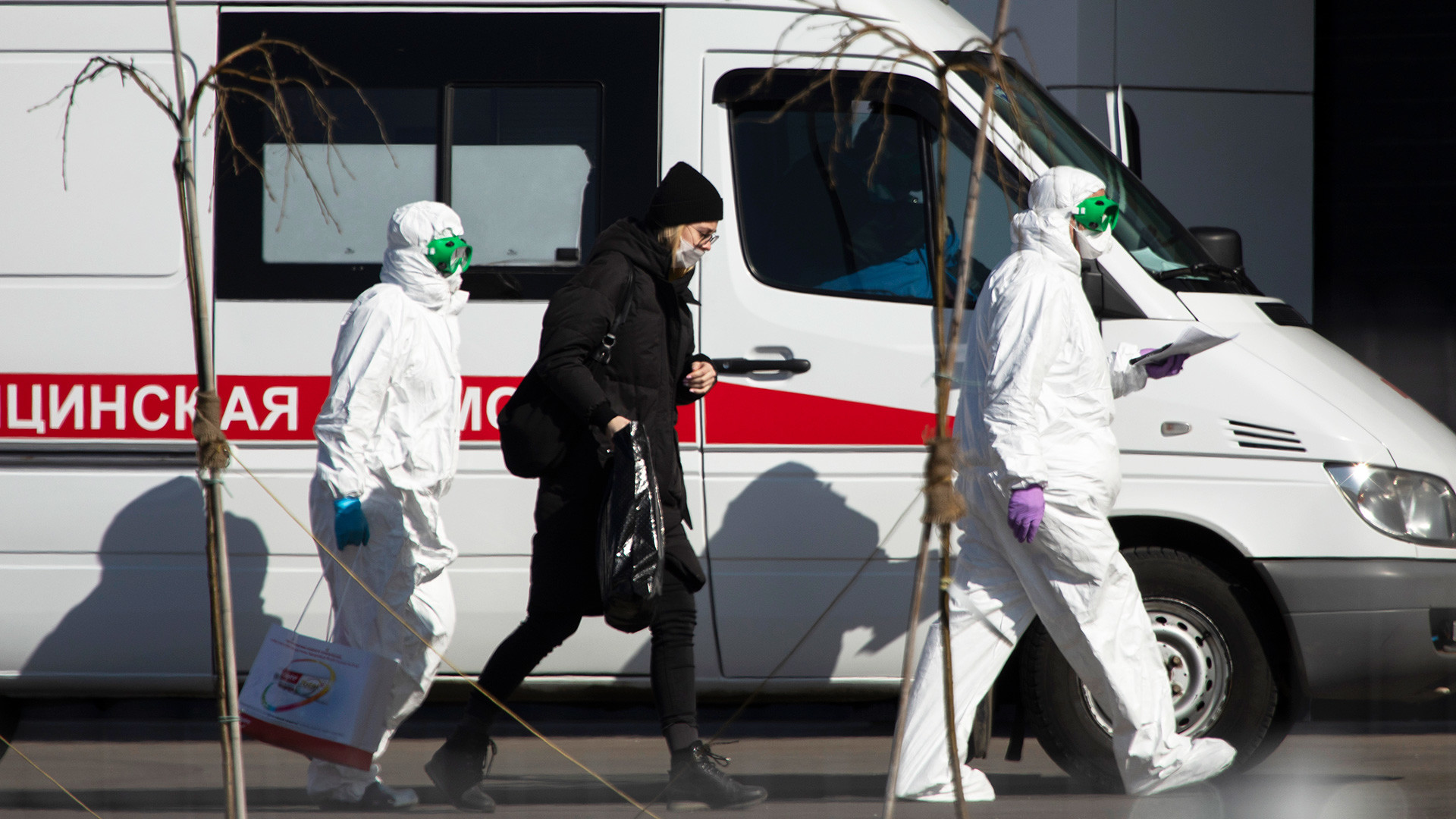
Medical workers escort a woman, suspected of having the coronavirus infection
APTraining medics and refitting hospitals
The Medsi hospital in Moscow on Pyatnitskoye Shosse street will receive coronavirus patients starting April 1.
Last week, it canceled all planned admissions and sent current patients to other clinics, says head physician of the clinic Tatyana Shapovalenko.
At the hospital itself, airlocks are being installed to divide the premises into “clean” and “unclean” zones, she explains.
In “clean” zones, staff will not be required to wear personal protective equipment (PPE), while in “unclean” zones — where infected patients are located — PPE will be mandatory, as well as special disinfectants and ultraviolet irradiation of the air,” explains Shapovalenko.
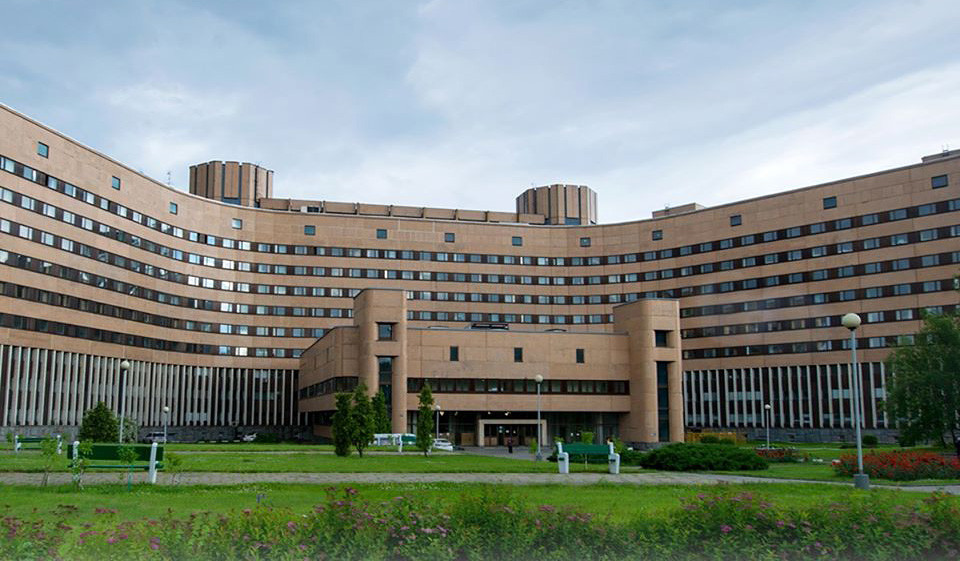
MEDSI clinics in Otradnoye
MEDSIThe hospital is also fast-tracking the procurement of additional equipment, including extracorporeal membrane oxygenation devices (which saturate the blood with oxygen in case of acute respiratory failure). According to Shapovalenko, artificial ventilators are not urgently required — a far more pressing need is intensive care beds, patient monitoring, and the roll-out of a clinical diagnostic laboratory.
“A ventilator is a necessary device, of course, but by itself it is ineffective. So when people say they’re buying their own devices, I just roll my eyes. It’s plain idiocy,” the doctor asserts.
Medics at the clinic are now undergoing safety training in compliance with all sanitary and epidemiological measures for the treatment of coronavirus patients, so as not to get infected themselves.
On April 1, the hospital will open with 100 beds, with a further 200 arriving a week later. It will have another 100 beds on standby just in case, including 32 intensive care units.
Diagnosis and treatment
According to head physician Shapovalenko, the hospital will follow all official clinical recommendations for the treatment of coronavirus, including antiviral and antibiotic therapy, and antimalarial drugs at certain stages.

Tatyana Shapovalenko, chief medical officer MEDSI Clinical hospital in Otradnoye
MEDSI“In mild viral infections, including coronavirus, the patient needs plenty of fluid, rest, and in case of high temperature (over 38.5C) antipyretics [fever reducers], preferably paracetamol. For severe forms, there are special protocols,” explains Shapovalenko.
The hospital will send all coronavirus test samples to state laboratories.
How to get admitted
The hospital will accept patients under both the compulsory (free) and voluntary (paid) health insurance programs that operate in Russia.
However, compulsory medical insurance will cover only mild forms of the disease.
“After that, it will be on a case-by-case basis,” says Shapovalenko.
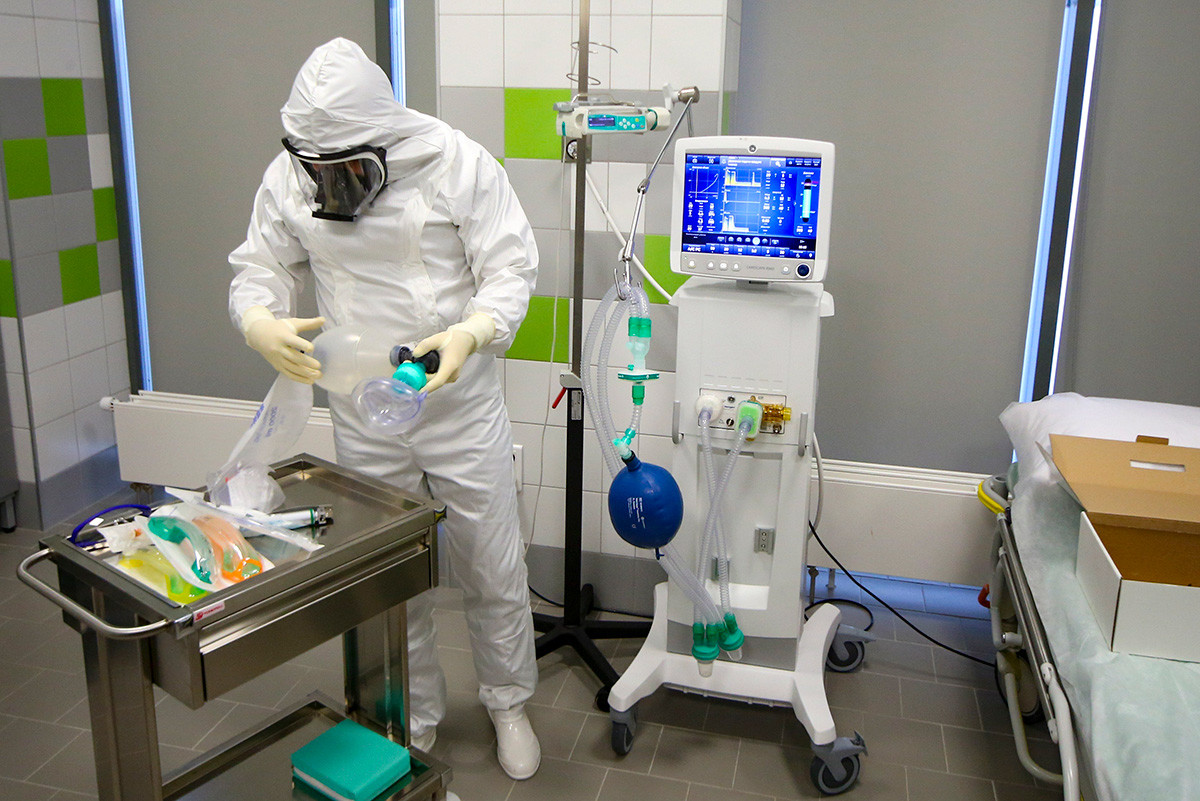
An employee prepares emergency medical care for patients with suspected coronavirus infection
APTo get admitted for free, the patient must call an ambulance, which will then deliver them to the private clinic if all other hospitals are full.
If the client wants paid treatment, they will need to call the hospital and register.
In the words of Shapovalenko, the hospital will also provide premium and superior-comfort wards.
She did not elaborate as to how these would differ from ordinary wards or how much the treatment would cost (Russia Beyond sent a request to the hospital for this information).
Waiting times
Meanwhile, on March 26, several dozen people lined up in the small square outside the Gemotest private clinic in central Moscow, all standing a few feet apart for fear of infection. The clinic opened its doors at 11am, offering coronavirus tests to paying customers. The test itself costs 1,490 rubles ($19), and the taking of samples 410 rubles ($5.20).
“Everything is good, calm, and quick. First, they take your details — better to call in advance and register over the phone so you’re in the system on arrival. Then you pay, and they take a throat swab right there in one of the treatment rooms. I saw at least two of them. The results are promised in two days,” says Alexander, who went for a test.
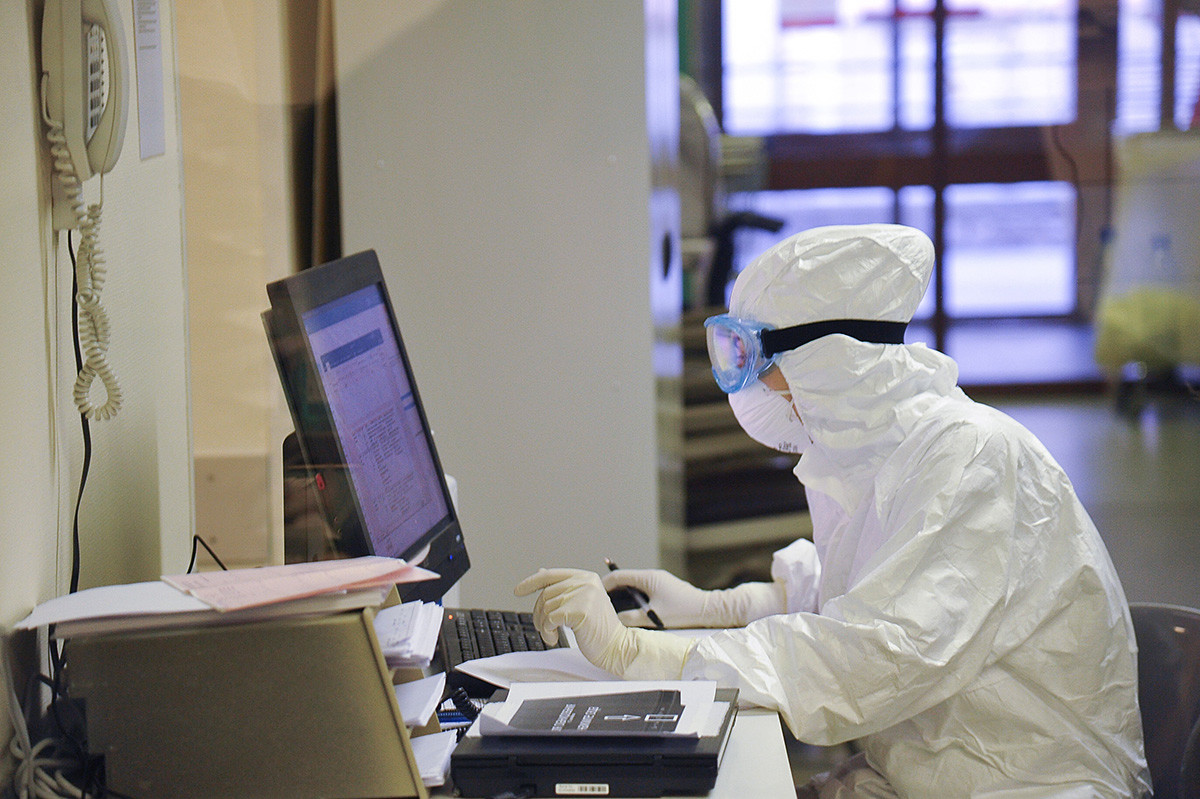
Building of the Sklifosovsky research Institute of Emergency medicine for patients with suspected coronavirus infection
Alexander Avilov /Moscow AgencyThe lab’s executive director, Olga Abramovich, says it only accepts patients without symptoms of COVID-19.
“Sure, we get people showing up who are sick already, but we turn them away. Technically it could be arranged, but we are restricted by state regulations,” says Abramovich. These regulations only permit coronavirus testing of people who have returned from abroad in the past month and those not showing signs of a cold-related illness.
Starting March 27, Gemotest commenced testing for coronavirus at 11 branches in Moscow and Moscow Region.
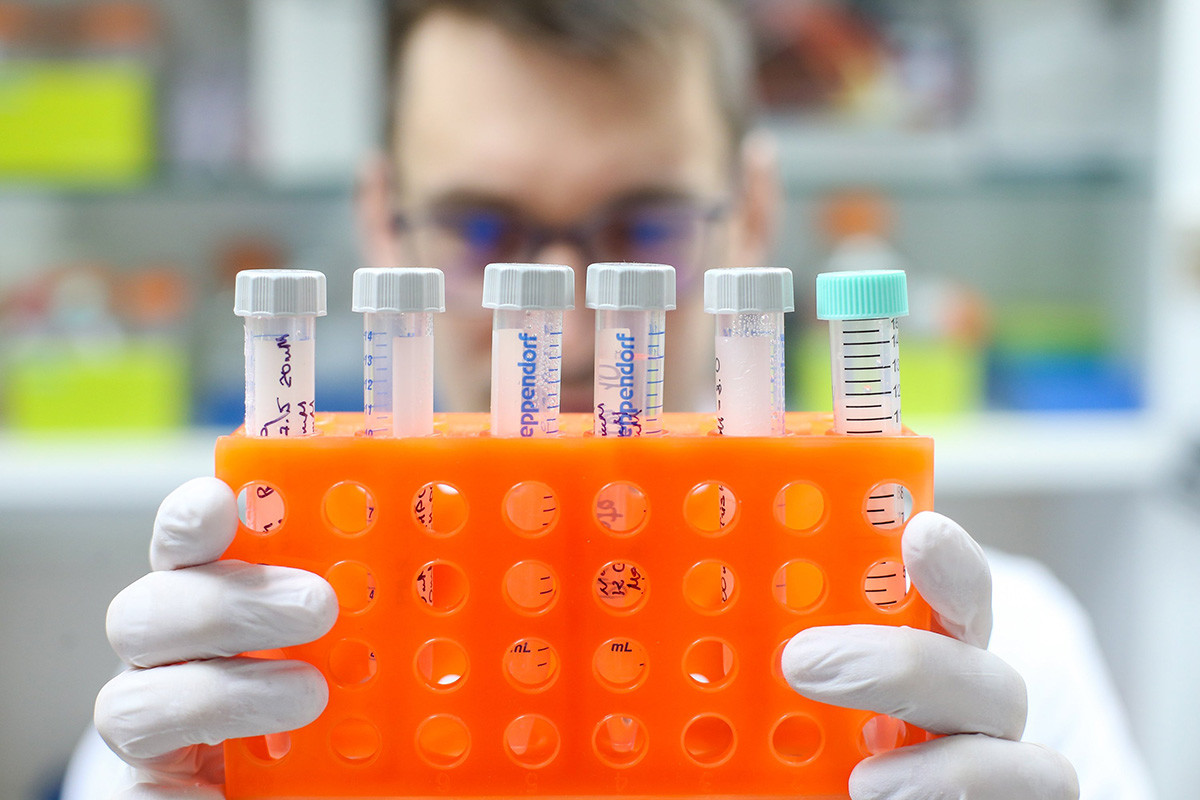
Laboratory of chemists of Lomonosov Moscow state University for the production of reagents for PCR diagnostics (polymerase chain reaction) of coronavirus
Sergey Vedyashkin/Moscow AgencyIn addition, coronavirus tests are now underway at 50 centers run by the Helix laboratory service in Moscow, St Petersburg, and Yekaterinburg. The results at both Gemotest and Helix are delivered in no more 48 hours.
“I have no symptoms and am not in any risk group, but plan to live with my parents in Ufa while Moscow is in lockdown. I’m worried I might be an asymptomatic carrier and don’t want to spread the infection,” Karina, a patient of the laboratory, explains her rationale for taking a coronavirus test.
If using any of Russia Beyond's content, partly or in full, always provide an active hyperlink to the original material.
Subscribe
to our newsletter!
Get the week's best stories straight to your inbox